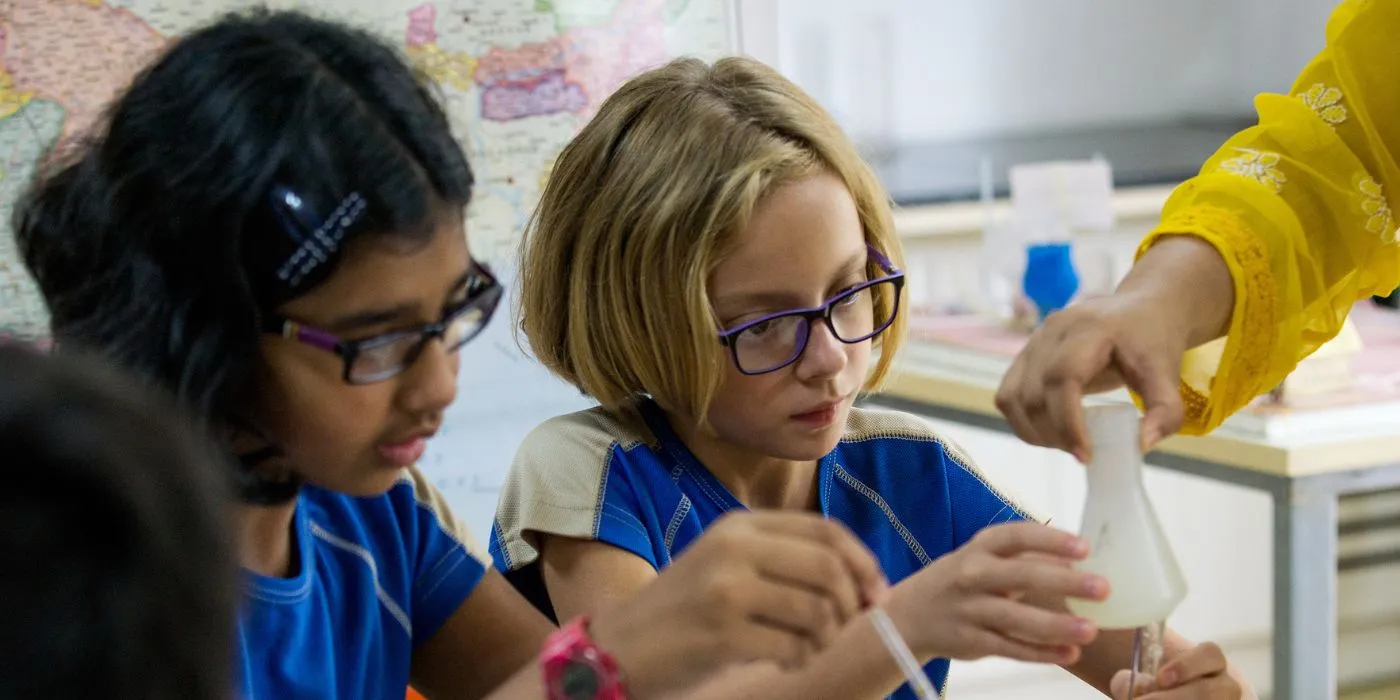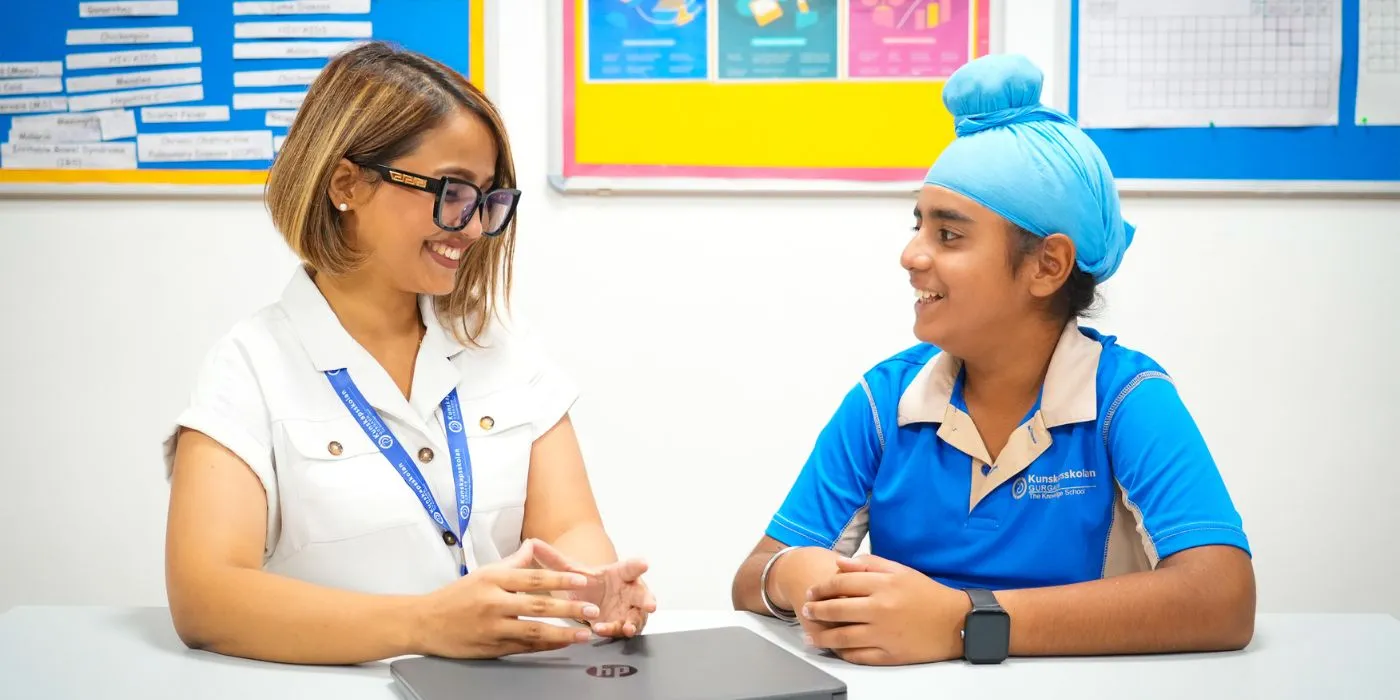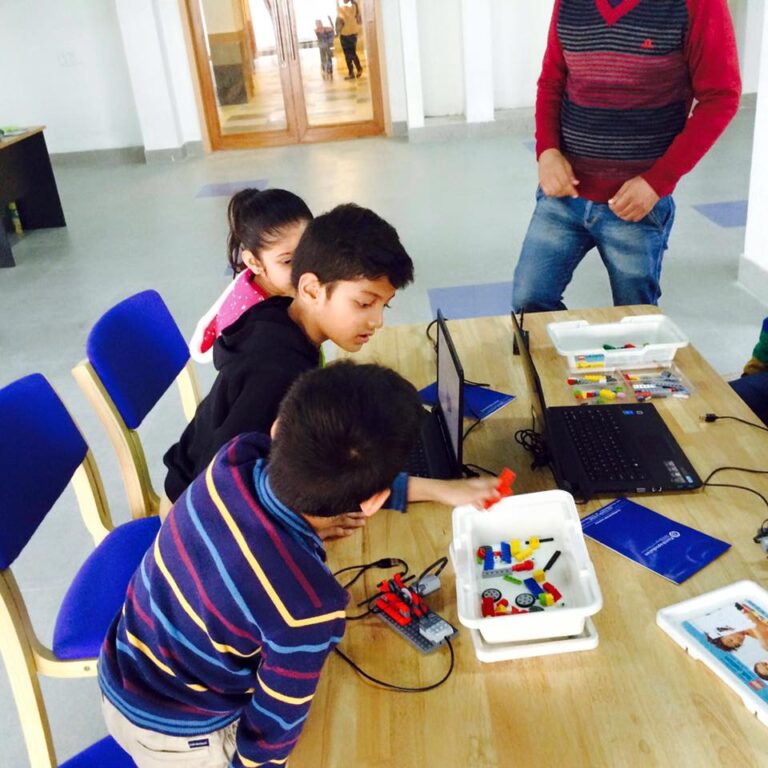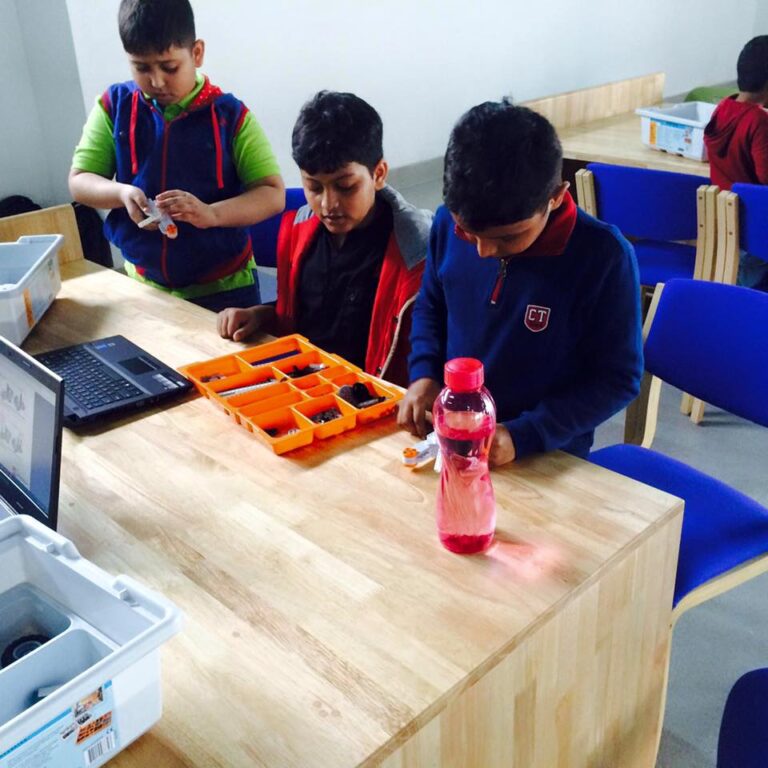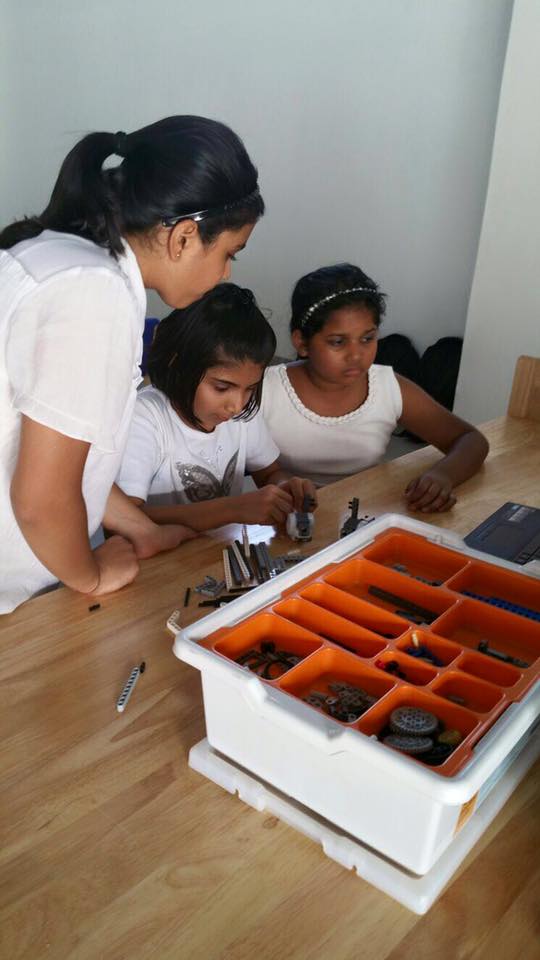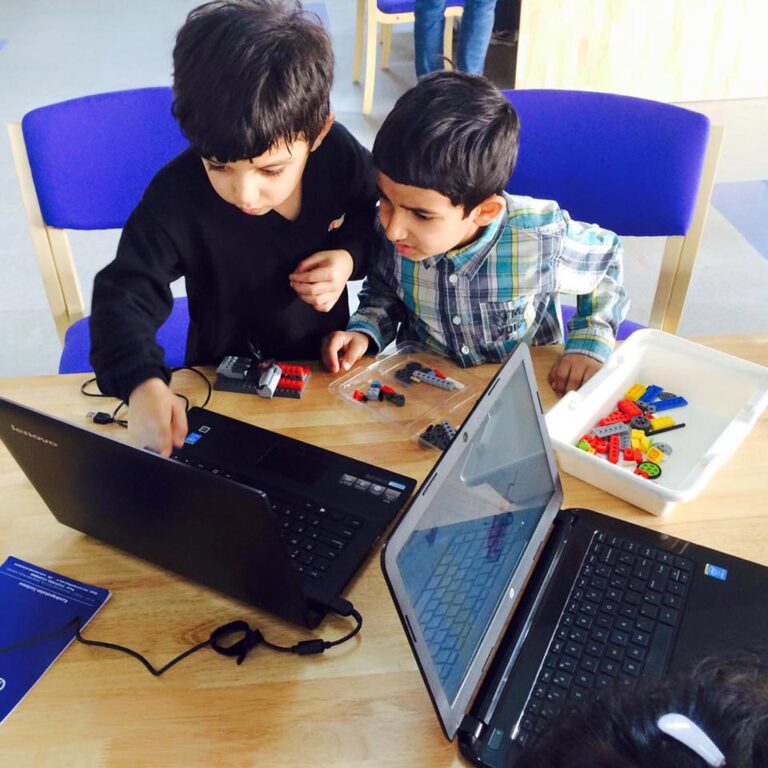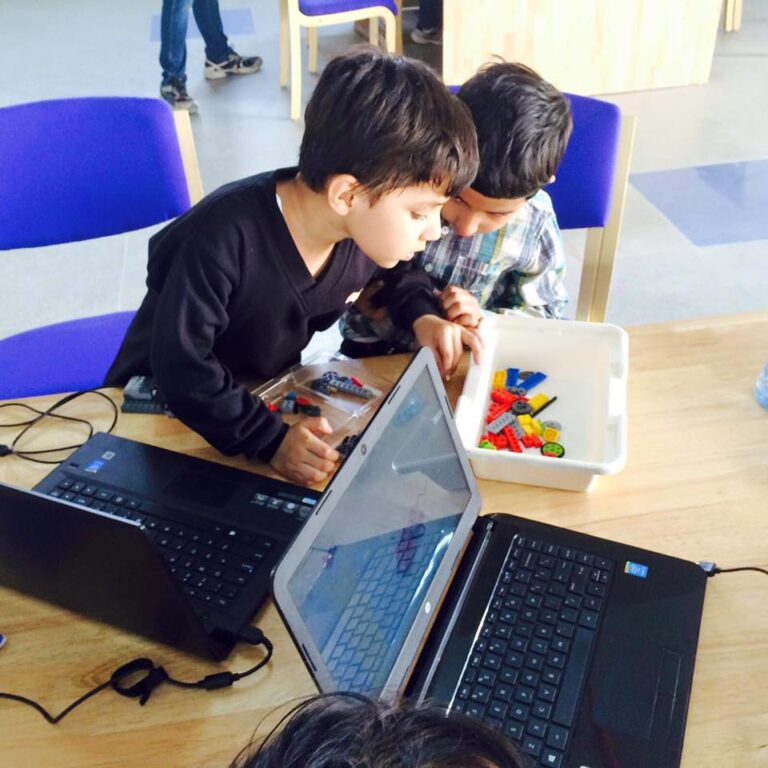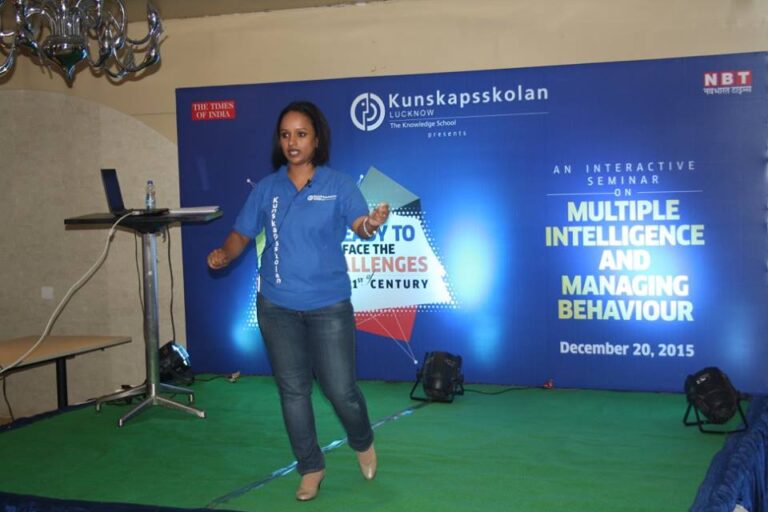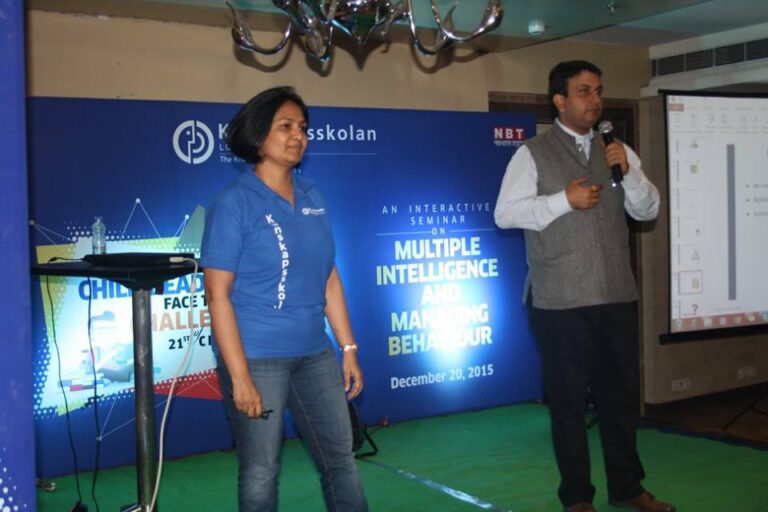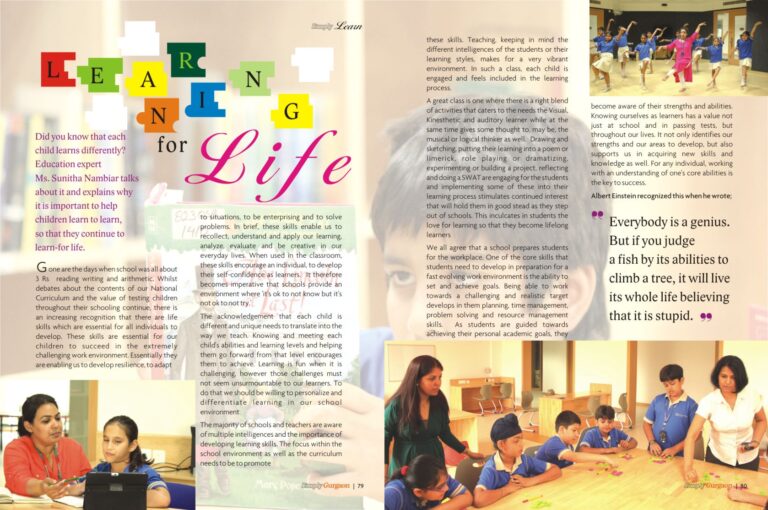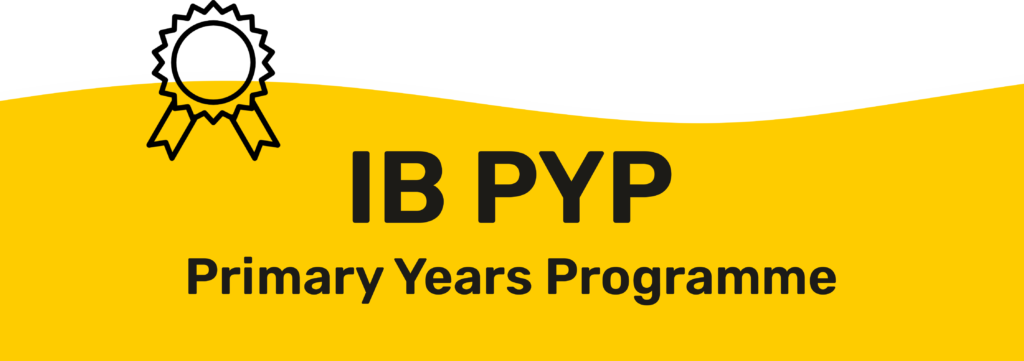
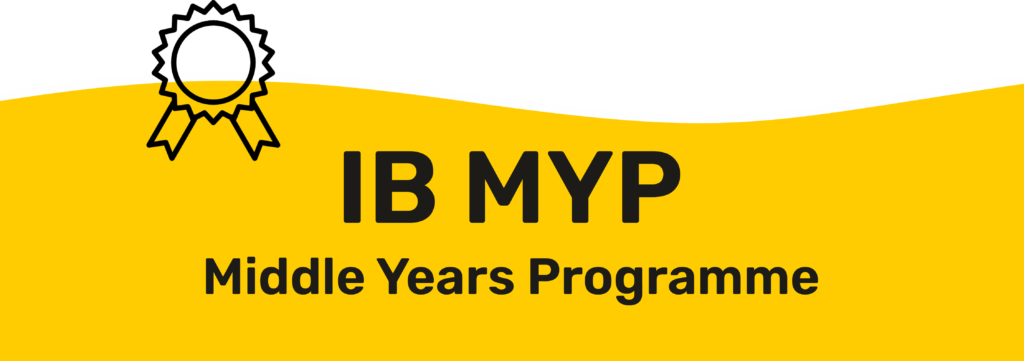

The Pillars of IB Education: The Six Subject Groups and Core
The Six Subject Groups and Core of the IB Curriculum
The International Baccalaureate (IB) curriculum is structured around six subject groups that provide a balanced, rigorous, and comprehensive education. At the centre of these six subjects lies the IB Core, which integrates the academic disciplines and promotes the development of key skills and values essential for lifelong learning and global citizenship.
1. Language and Literature
This subject group focuses on the study of a student’s native or best language. It aims to develop students’ critical reading, writing, and analytical skills, allowing them to appreciate literature and express their ideas effectively.
2. Language Acquisition
Encouraging proficiency in an additional language, this subject group helps students to become more globally minded. It fosters understanding and appreciation of other cultures and perspectives through the study of a second language.
3. Individuals and Societies
This group includes subjects such as history, geography, economics, and social sciences. It develops students’ understanding of the complex and dynamic nature of societies and their interrelationships.
4. Sciences
Emphasising inquiry and problem-solving, this group covers subjects such as biology, chemistry, physics, and environmental systems. It promotes scientific literacy and the ability to make informed decisions based on scientific knowledge.
5. Mathematics
This subject group aims to develop students’ mathematical knowledge, logical thinking, and problem-solving skills. It includes options that cater to a range of abilities and interests, from foundational mathematics to higher-level studies.
6. The Arts
This group nurtures creativity and critical thinking through visual arts, music, theatre, and other artistic disciplines. It encourages students to express themselves and understand the world through different artistic mediums.
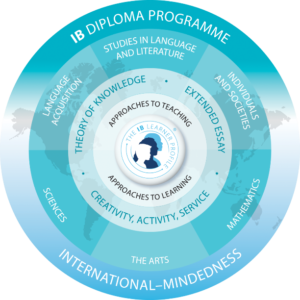
Approaches to Teaching and Learning (ATTL) in the IB Programmes
In the International Baccalaureate (IB) framework, Approaches to Teaching and Learning (ATTL) are foundational principles that guide educators and students across all IB programmes. ATTL emphasises the development of key skills and attitudes essential for successful learning and personal growth. These include:
- Thinking Skills: Encouraging students to think critically, creatively, and reflectively.
Communication Skills: Enhancing students’ abilities to express themselves clearly and effectively in various contexts.
Social Skills: Fostering collaboration, teamwork, and the ability to interact constructively with others.
Self-Management Skills: Developing organisational skills, time management, and self-discipline.
Research Skills: Building proficiency in gathering, evaluating, and applying information from various sources.


